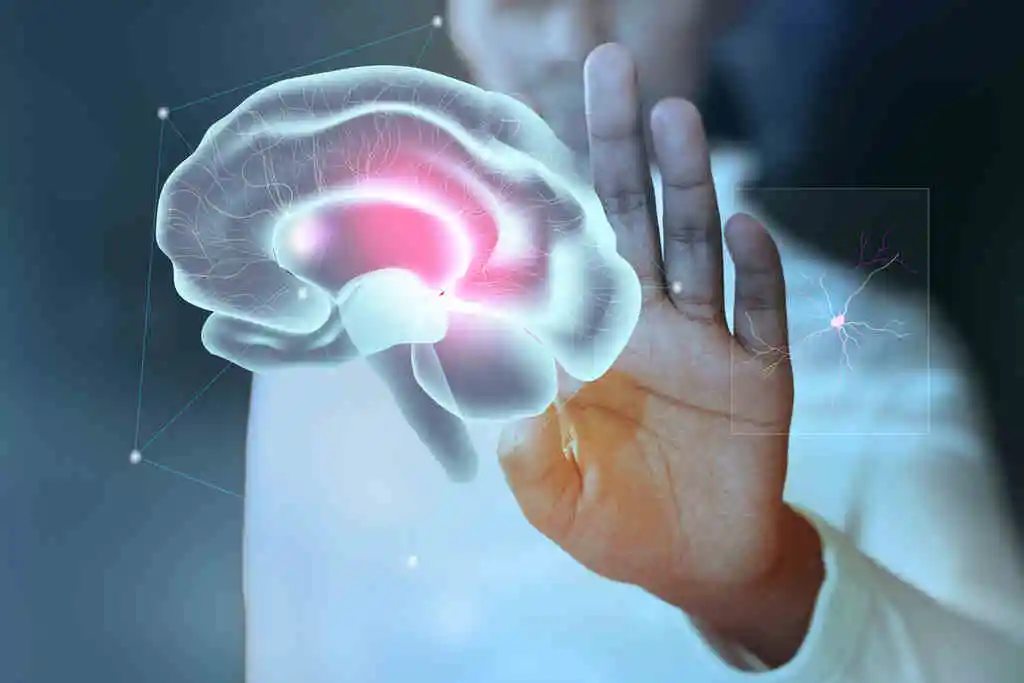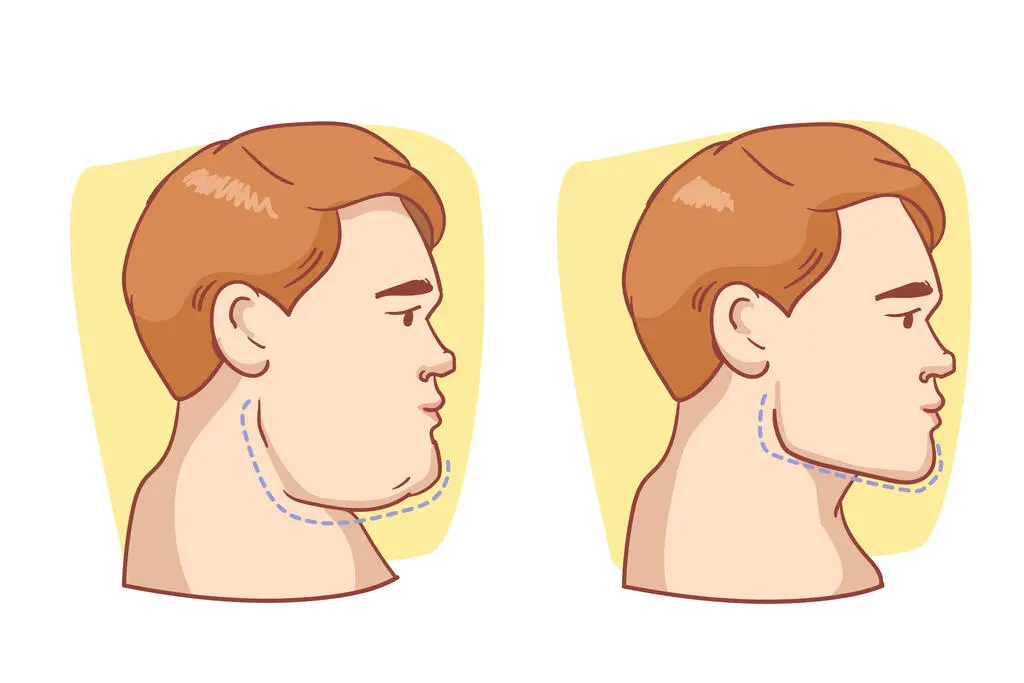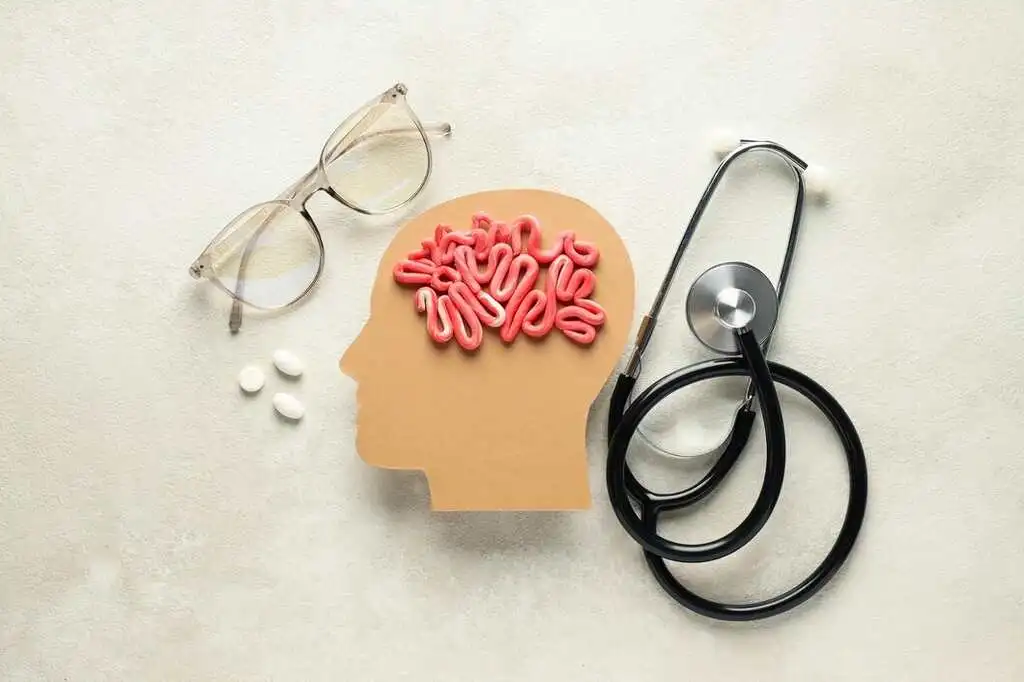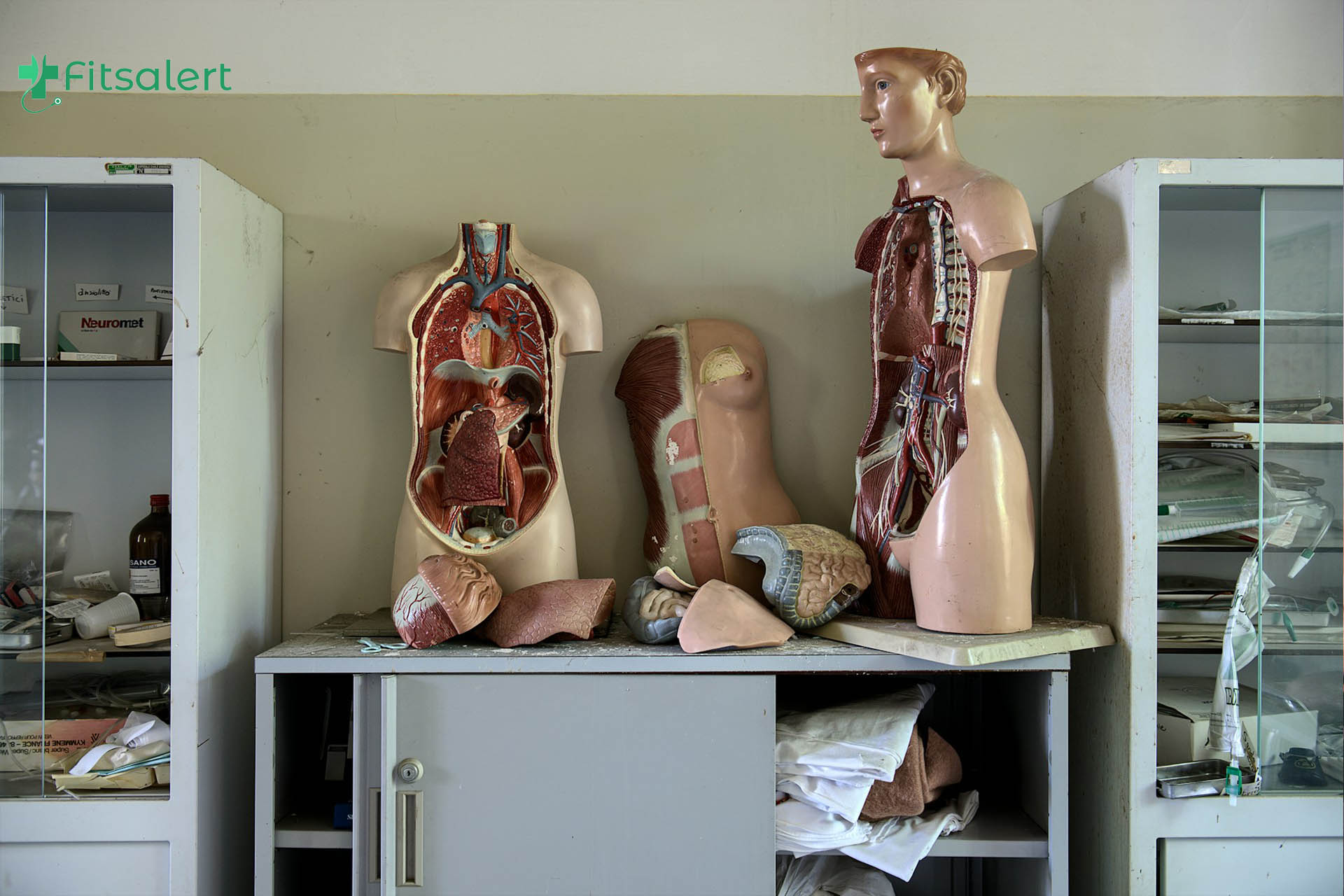Alzheimer’s disease is a type of dementia, a condition that impacts memory, thinking, and behavior. It stands as the primary contributor to dementia, representing 60 to 80 percent of diagnosed cases. While dementia can stem from various causes, Alzheimer’s is characterized by its progressive nature.
Typically, individuals are diagnosed after age 65, though early onset cases exist. Unfortunately, there’s currently no cure for Alzheimer’s, but treatments are available to slow its progression.
Everything You Need to Know
Understanding Alzheimer’s is crucial for everyone. Below are some important facts you need to know about this condition:
- Alzheimer’s disease is a long-term condition, not simply a consequence of aging.
- It’s important to differentiate between Alzheimer’s and dementia, as the former is a specific type of the latter.
- Symptoms of Alzheimer’s develop gradually, leading to a gradual decline in brain function.
- While anyone can develop Alzheimer’s, certain factors like age and family history can increase the risk.
- The progression of Alzheimer’s varies from person to person, with some experiencing a slow decline and others a more rapid deterioration.
- Although there’s no cure for Alzheimer’s yet, treatment options exist to slow its progression and enhance quality of life.
- Every individual’s experience with Alzheimer’s is unique, highlighting the need for personalized care and support.
Symptoms of Alzheimer’s Disease
Forgetfulness is common, but Alzheimer’s disease presents distinct and worsening symptoms over time, including:
- Memory loss impacts daily tasks like appointments.
- Difficulty with familiar activities such as using household appliances.
- Challenges with problem-solving.
- Trouble with communication, both verbal and written.
- Disorientation regarding time and place.
- Decreased judgment and personal hygiene.
- Changes in mood and personality.
- Withdrawal from social interactions.
While these signs may indicate Alzheimer’s, a medical evaluation is necessary for accurate diagnosis. Symptoms evolve with the disease’s progression, often leading to severe difficulties in communication and movement in later stages.
Diagnoses of Alzheimer’s disease
While the definitive diagnosis of Alzheimer’s disease can only be made through brain tissue examination postmortem, doctors employ various examinations and tests to assess mental abilities, diagnose dementia, and eliminate other potential conditions.
Initially, your doctor will likely conduct a comprehensive medical history assessment, inquiring about your:
- Symptoms
- Family medical history
- Current or previous health conditions
- Medications
- Diet, alcohol consumption, and lifestyle habits
Following this, your doctor may order several tests to aid in the diagnosis of Alzheimer’s disease.

Couple with Alzheimer’s disease
Alzheimer’s Disease Treatment
While a definitive cure for Alzheimer’s disease remains elusive, your physician can recommend medications and other therapeutic approaches to alleviate symptoms and slow down disease progression.
In the case of early to moderate Alzheimer’s, medications like donepezil (Aricept) or rivastigmine (Exelon) may be prescribed by your doctor. These medications work by maintaining elevated levels of acetylcholine in the brain, which enhances nerve cell communication. As a result, this can potentially alleviate certain symptoms associated with disease.
For individuals in the early stages of Alzheimer’s, a newer medication called aducanumab (Aduhelm) may be recommended. This medication is designed to reduce the accumulation of protein plaques in the brain associated with Alzheimer’s disease. However, there are concerns regarding the balance between its potential benefits and risks.
In cases of moderate to late-stage Alzheimer’s, your physician might prescribe medications such as donepezil (Aricept) or memantine (Namenda). Memantine works by blocking the effects of excess glutamate, a brain chemical that is released in higher amounts in Alzheimer’s disease and can cause damage to brain cells.
Your doctor might also suggest antidepressants, anti-anxiety medications, or antipsychotics to address symptoms associated with Alzheimer’s. These symptoms can vary depending on the stage of the disease and may include:
- Depression
- Nighttime sleep disturbances
- Nervousness or Anxiety
- Hallucinations
While the care needs of individuals with Alzheimer’s will increase as the disease progresses, the specific symptoms experienced will vary from person to person.
Final Thoughts
Alzheimer’s disease is complex, but scientists are working hard to understand it better. Leading a healthy lifestyle might help reduce your risk, especially if Alzheimer’s runs in your family. While there’s no cure, getting diagnosed early and starting treatment can slow down the disease and make life better.
If you’re worried about Alzheimer’s, talk to a doctor. They can do tests, give you answers, and help you find support. You might even consider joining research studies to help scientists learn more.
















